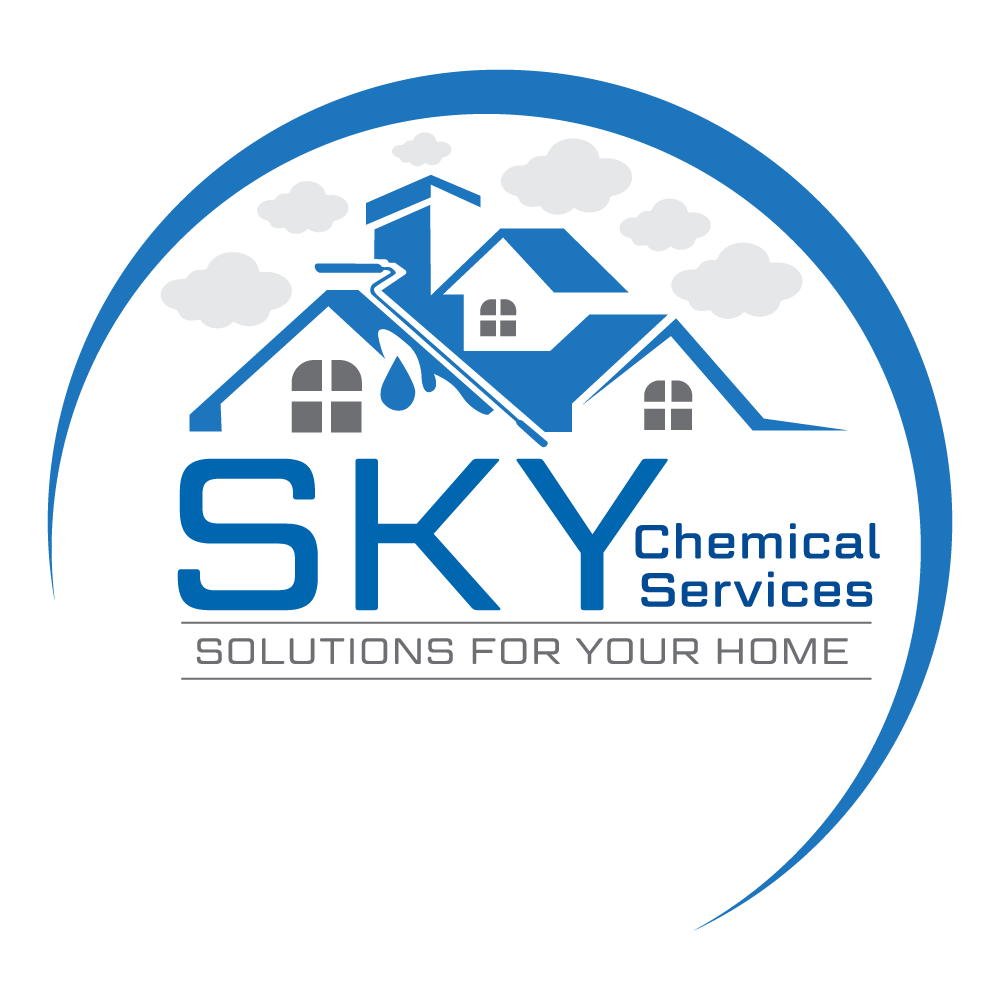Frustrated with humid conditions in your premises or vexed by the rising heat on the top floor or attic? Whatever the case, you need to comprehend the fact that heat gains are inevitable and cannot be restricted completely. You have to apply cost-effective methods for best outcomes. Discover effective heat proofing chemicals for your construction projects. For proper consultation, contact experts from Sky Chemical Services.
Heat Resistant Chemicals – A Brief Description
Bitumen
Bitumen is a thick, viscous liquid at room temperature and pressure. It is used as a binder in the road building process. However, it is not suitable for roof linings because of its low melting point. The thermal stability of bitumen can be improved by blowing oxygen at high temperatures, the result being ‘blown bitumen’ with melting points up to 70oC. It is used on roof linings, bitumen sheets, and insulation panels.
Properties
- Specific Weight: 1-1.07 kg/l
- Specific Heat Capacity: 1.674 KJ/kgoC
- Thermal Conductivity: 0.14 kCal/mhoC
- Dielectric Rigidity: 20-30,000 V/mm
- Calorific Value: 9,000-9,300 kCal/kg
- Insoluble in water; soluble in organic solvents
- Resists dilute acids, inorganic alkalis, and saline solutions
Features
The application of bitumen is multi-layered; various kinds of bitumen sheets are applied with coatings of blown bitumen. Approximately 1500 g/m2 of liquid bitumen is used for each coat. It can absorb 30% weight in humidity, a problem that was covered with multiple coats. However, with the passage of time, the coating thickness was analyzed and the use of heavier sheets was introduced, which lowered the cost of labor.
Following are some materials on which bitumen can be applied:
- Jute Sheets
- Fiber Glass
- Natural Ceramic
- Aluminum Sheets
Poured Asphalt
Poured asphalt is a continuous water-resistant layer obtained from a mixture of bitumen and asphalt mastic at a temperature of 240oC. It is applied on roofs, terraces, pavements, and industrial acidproof floors.
The mixed components include:
- Bitumen
- Asphalt Rock
- Crushed Stone
- Sand and Crushed Stone
Polymers
Polymers are formed by small, uniform molecules called monomers, the process termed ‘polymerization’. If the molecules are not similar, but of two different types, the product is termed as ‘co-polymer’. And, if three different types, then it is called a terpolymer.
Polymers are divided into various families, depending on their mechanical and physical characteristics. Following are some types:
- Elastomers
- Plastomers
Polymers are used in different industries. One of them is the waterproofing industry:
- Reinforced and Non-Reinforced Sheets
- Liquid Membranes
- Polymer Bitumen Membranes
Synthetic Sheets
Synthetic sheets are applied in single layers. They are based on elastomeric and plastomeric products. These sheets are used for extrusion, buttering, and calendering.
Synthetic sheets have a thickness of 1.5mm. They are bonded with hot air and stuck with double-sided tape. These sheets are used when protected by a layer of gravel or paving. The application process should be carried out by experienced personnel.
Some of the synthetic sheets are as under:
- Plasticized PVC
- HDPE (High Density Polyethylene)
- EPDM (Ethylene Propylene Diene Monomer)
Liquid Membranes
Following bituminous derivatives, single or double component polymers in water solutions were used. The following liquids are used for waterproofing purposes:
- Acetovinylic Resins
- Polychloropenic Resins
- Polyurethanic Resins (mixed with tar)
- Epoxy and Epoxy-Polyurethanic Resins
- Polyester Resins
- Polyethersulfone
- Polyphenelyne Sulfide
Which Heat Proofing chemicals Reduces Maximum Temperature?
White roofing materials are tipped as the ‘best waterproofing chemicals on the market’. These liquids reflect 60-90% of sunlight. The Sun’s rays are composed of various radiations, especially infra-red radiation, which is the main cause of heat ingress in buildings. Liquid membranes (white colored) can reflect the radiation with high effects.
Are you ready for a heat-resistant coating on your roofs? Connect with Sky Chemical Services today! We’re the best in the business. For appointments, call or email us!
